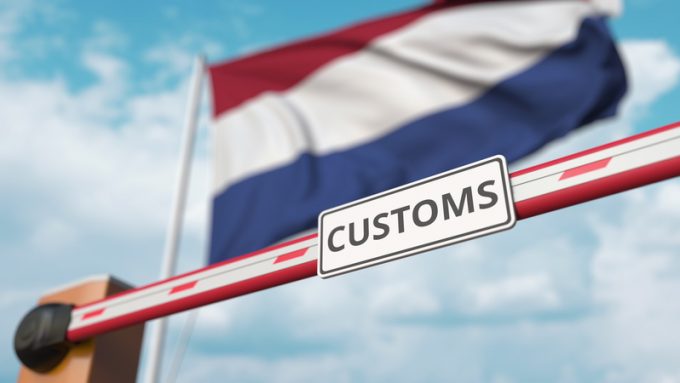EC approves DSV takeover of DB Schenker
DSV has cleared a major hurdle in its planned acquisition of DB Schenker after the ...

Dutch shippers are facing greater complexity in their supply chains as the Netherlands begins the roll-out of its new customs declaration system.
In line with the EU Customs Code, Dutch customs is replacing its AGS and G(S)PA declarations systems with the Customs Declaration Management System (DMS), ...

Comment on this article